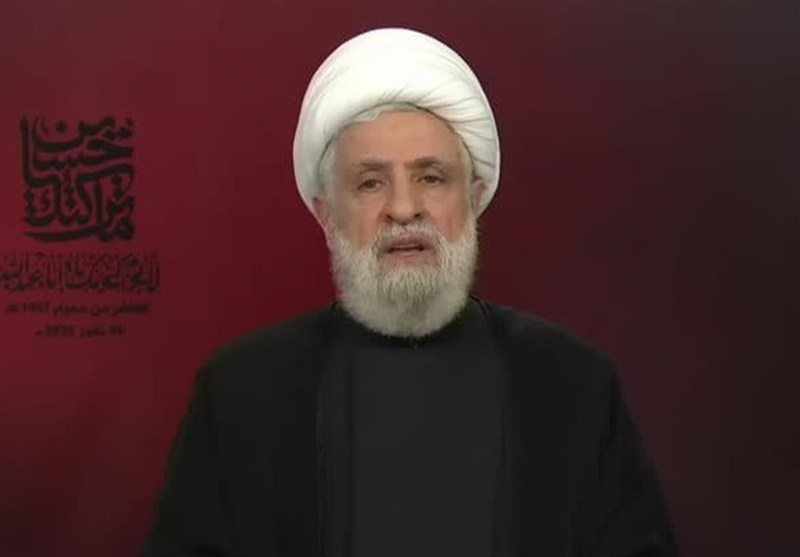According to a complete text of his address published by the Al-Manar website, Qassem framed the refusal to disarm as a matter of national defense and dignity, insisting that the government should first halt Israeli attacks and prevent any occupation before discussing defense arrangements. He urged authorities not to “drag the army into internal strife,” saying Hezbollah and its ally Amal Movement had postponed street protests to allow time for dialogue but were prepared to mobilize if “imposed” upon.
Qassem organized his speech around three themes: the religious meaning of Arbaeen and the lessons of Karbala; the legacy of Hezbollah’s 2006 war with Israel; and Lebanon’s current political crisis. He said the 2006 conflict established a 17-year deterrent and praised the “visionary leadership” of the late Hezbollah chief Hassan Nasrallah during that war. He also thanked Iran for its sustained financial, military, and political support, citing figures such as the late Qassem Soleimani.
Turning to domestic politics, Qassem blasted an Aug. 5 cabinet decision that he said would effectively strip the “resistance” of defensive means during ongoing hostilities, calling the move unconstitutional and contrary to the National Pact. He said government sessions on Aug. 5 and 7 were “non-charter,” and urged ministers to focus on expelling Israeli forces and safeguarding citizens. He warned the cabinet would bear “full responsibility” for any internal escalation or national “breakdown.”
He cited a new August 2025 poll by the Consultative Center for Studies, indicating 72% of respondents believe the Lebanese army cannot alone repel aggression, 76% do not trust diplomacy alone, 58% oppose disarming armed groups without a national defense strategy, and 73% see developments in Syria as an existential threat to Lebanon.
On the regional front, Qassem reiterated that “Palestine remains the compass,” condemning Israeli actions in Gaza and U.S. support for Israel. He said Hezbollah’s fight is part of a single battlefront alongside Palestinians and predicted eventual victory “for the people of the land and the cause.”
Qassem offered condolences for six Lebanese army soldiers killed in the southern town of Zebqine, calling them “martyrs of the resistance, the army and the nation.” He also referenced what he described as a Lebanese state agreement in November 2024 to halt Israeli aggression, saying Hezbollah had facilitated army deployment in the south and exercised months of “patience” to enable the state to take the lead.
“We will not surrender our weapons,” Qassem said, closing with a vow that the movement would not accept humiliation. “Hezbollah will remain ready, confident that we will prevail.”
Photo: Al Manar
